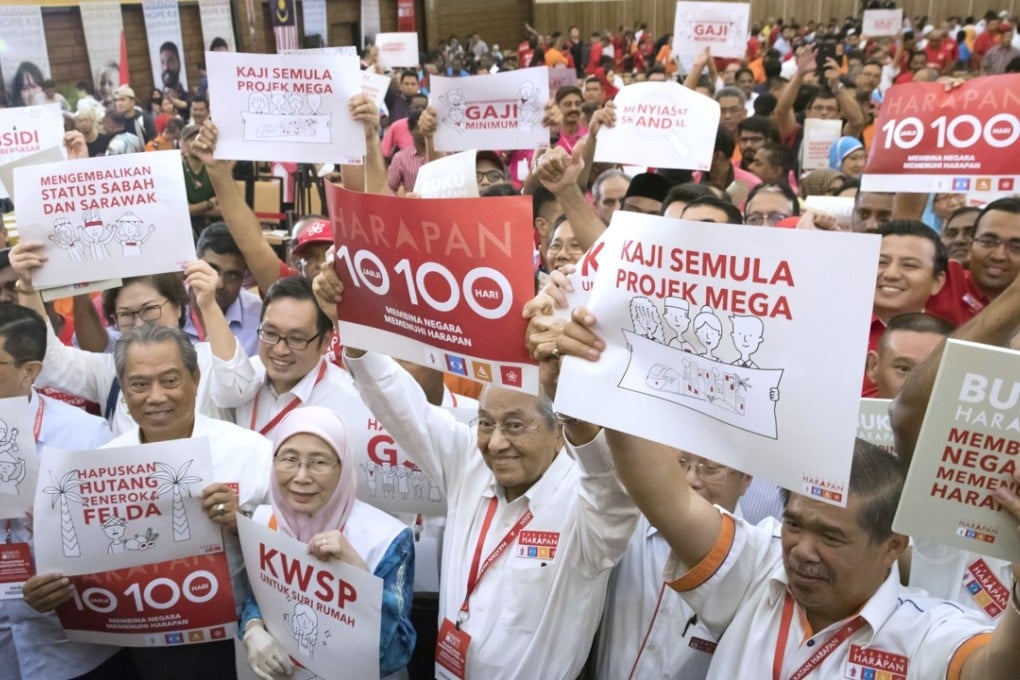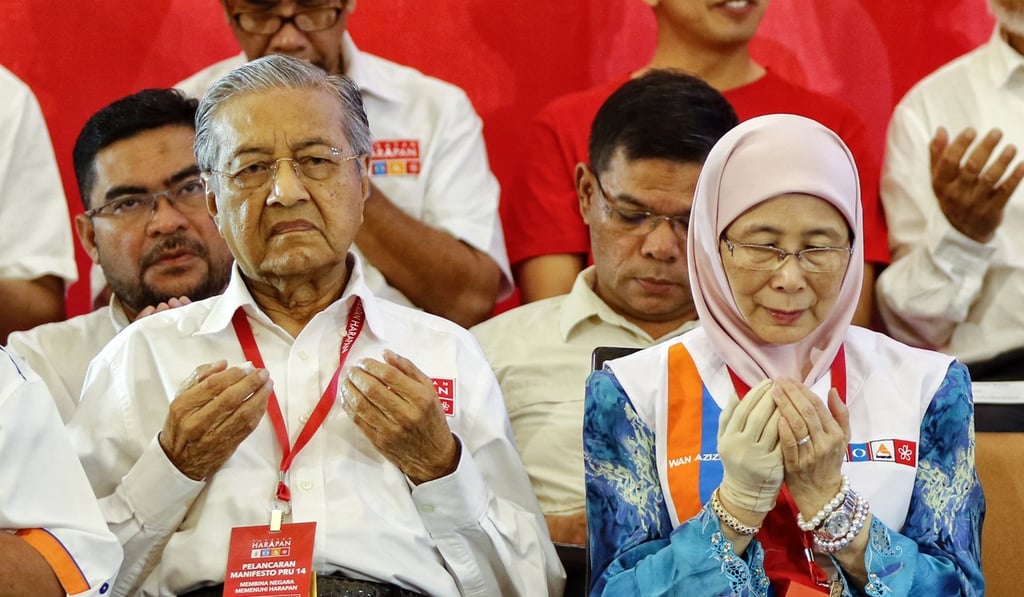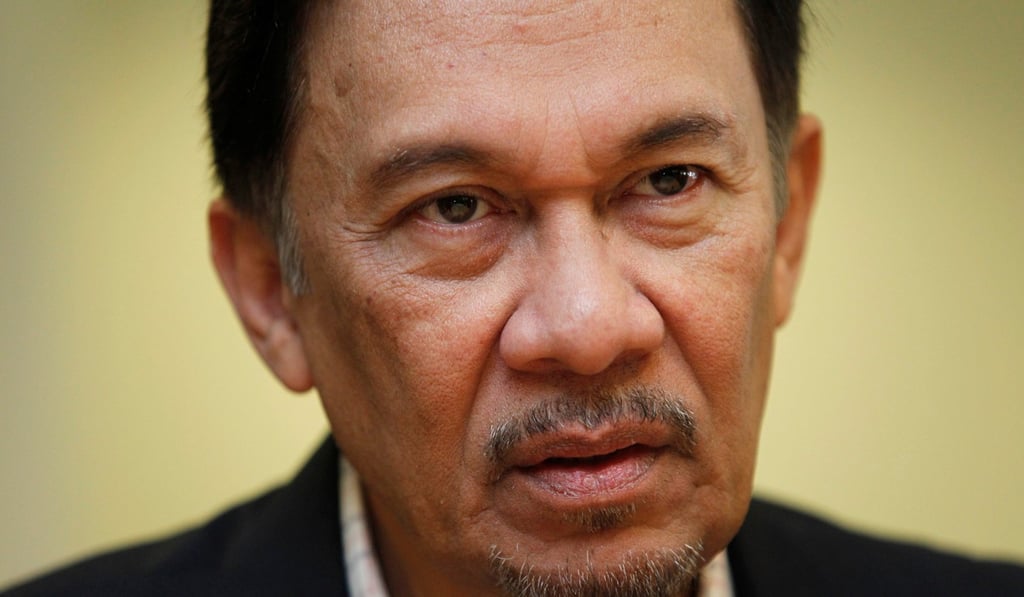Churning political storms collide: what will prove decisive in Malaysia’s election?
The youth want to upend the vote, loyalists are determined to help candidates hold their ground despite scandals, and pragmatists take a cold, hard look at the economy for guidance

At 92, does Mahathir have enough left in him to defeat Najib?
Given the confusing political climate, on what basis will Malaysians vote in the coming general election? There are several permutations but voters could largely follow three broad considerations.
Spoil my vote
The current confusion has led many, particularly young voters, to retaliate against mainstream politics. A growing movement is urging people to purposely invalidate their votes by spoiling ballot papers. Growing campaigns such as #undiRosak (spoilt votes) and #ProtesPRU (#GEProtest) are worrying political parties. They are headed by disgruntled youths, many born in the 1990s, who grew up exposed to a heavy dose of oppositional politics when organised protests were commonplace.

Unhappy to have Mahathir as the only choice on the side of the opposition, coupled with recent revelations of less-than-perfect performances in opposition-led states in Selangor and Penang, youth voters have only grown more disillusioned, tired of political rhetoric and theatrics. In their eyes, leaders from both sides of the political divide have lost the moral authority to lead.
Politics is personal
Another block of voters are willing to cross party lines to vote for someone they relate to primarily on ethnic or religious grounds.
For many years, political reform in Malaysia has centred around one man, Anwar Ibrahim, leader of the opposition between 2008 and 2015. His bruised eye suffered during an arrest in 1998 has been a symbol of mass mobilisation. It is this personification of Anwar as a political victim that was instrumental in the opposition clinching victories in the 2008 and 2013 general elections.

Mahathir is also taking a leaf out of Anwar’s book. He is using his record of 22 years as prime minister to woo largely rural, Malay and older voters. For those who have spent their working years under Mahathir’s rule – especially retired civil servants – there is still a deep sense of gratitude for the man who turned Malaysia into one of the world’s most vibrant economies.
But Mahathir is not the only big personality in politics. Wan Saiful Wan Jan, the chief executive officer of Malaysia’s think tank Ideas, and Maria Chin Abdullah, the chairwoman of Bersih, a pro-democracy movement, have taken off their non-partisan hats and joined oppositional politics. With them on board, the PH is hoping that voters could be convinced to choose the opposition camp.